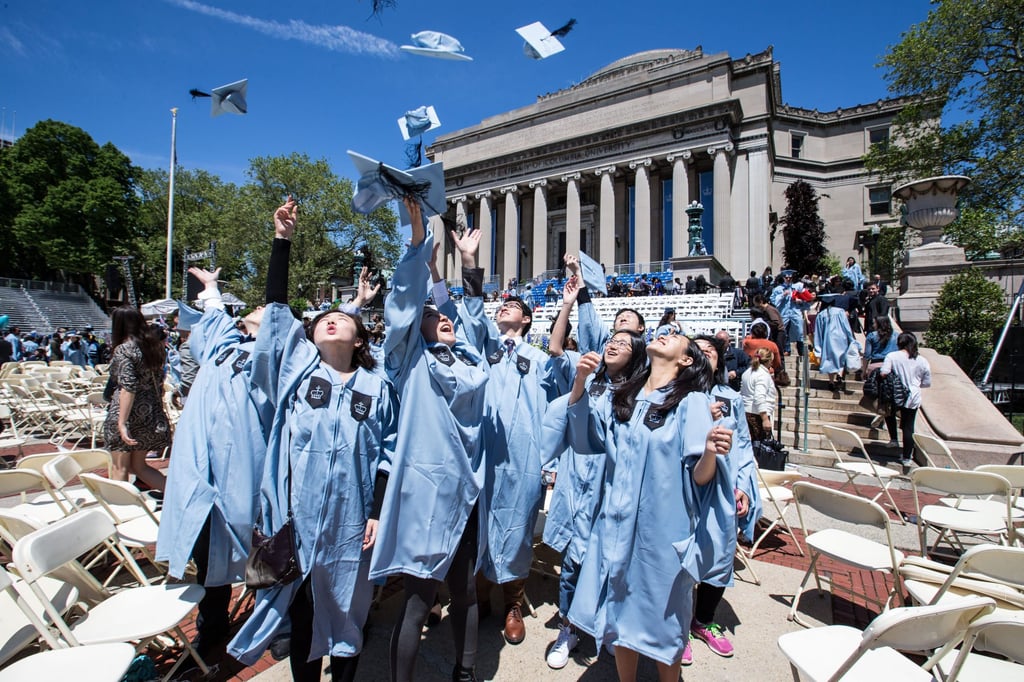Opinion | Resentment in China against those studying abroad during Covid-19 is a symptom of larger social problems
- Online posts during the pandemic reveal a resurgence in tensions, with some referring to overseas students as ‘fake Chinese’
- Prejudice is rooted in uneven access to opportunities in China and the harsh working environment young people face

Recently, a video of a student from Tsinghua University doing experiments on a laptop while riding a bicycle back to his room went viral. According to some Tsinghua students, it is common for them to eat dinner or study while riding to save time.
Tensions have developed between those who have gone abroad and those who remain in China, evident in the comments on socials media posts. While this problem is tricky, it fundamentally stems from the uneven opportunities for education in China and abroad.
Given the heavy work pressure and low pay, it’s no wonder that moving abroad is a tempting proposition for many young people. In fields like computer science and engineering, the starting salary in the United States can be five times more than that in China, for example.

.jpeg?itok=OhWV2K4J&v=1652768421)